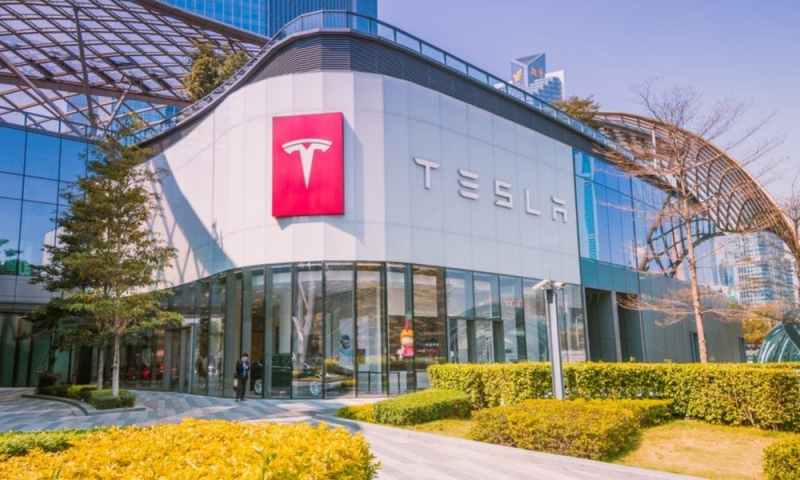Tesla buys $1.5 billion in bitcoin; plans to start accepting bitcoin for its products

Tesla announced Monday that it bought $1.5 billion worth of bitcoin, according to a regulatory filing with the U.S. Securities and Exchange Commission (SEC). The world’s largest electric automaker said it bought the bitcoin for “more flexibility to further diversify and maximize returns on our cash,” according to the filing. In addition to the purchase, Tesla said it would start accepting payments in bitcoin in exchange for its products as well.
As part of the SEC filing, Tesla said: “We hold and may acquire digital assets that may be subject to volatile market prices, impairment, and unique risks of loss.” In January 2021, Tesla said it updated its investment policy to provide more flexibility to further diversify and maximize returns on its cash that is not required to maintain adequate operating liquidity.
As part of the policy, which was duly approved by the Audit Committee of its Board of Directors, Tesla said it may invest a portion of such cash in certain alternative reserve assets including digital assets, gold bullion, gold exchange-traded funds and other assets as specified in the future.
“Thereafter, we invested an aggregate $1.50 billion in bitcoin under this policy and may acquire and hold digital assets from time to time or long-term. Moreover, we expect to begin accepting bitcoin as a form of payment for our products in the near future, subject to applicable laws and initially on a limited basis, which we may or may not liquidate upon receipt.”
The prices of digital assets have been in the past and may continue to be highly volatile, including as a result of various associated risks and uncertainties. For example, the prevalence of such assets is a relatively recent trend, and their long-term adoption by investors, consumers and businesses is unpredictable.
The company said, “Moreover, their lack of a physical form, their reliance on technology for their creation, existence and transactional validation and their decentralization may subject their integrity to the threat of malicious attacks and technological obsolescence. Finally, the extent to which securities laws or other regulations apply or may apply in the future to such assets is unclear and may change in the future. If we hold digital assets and their values decrease relative to our purchase prices, our financial condition may be harmed.”




